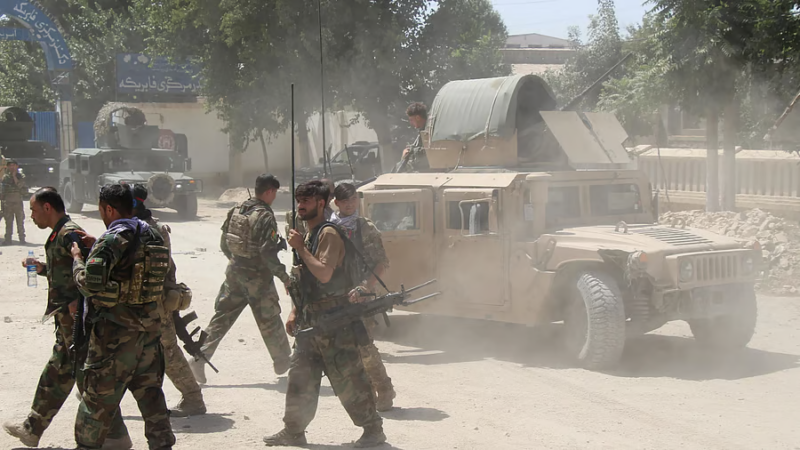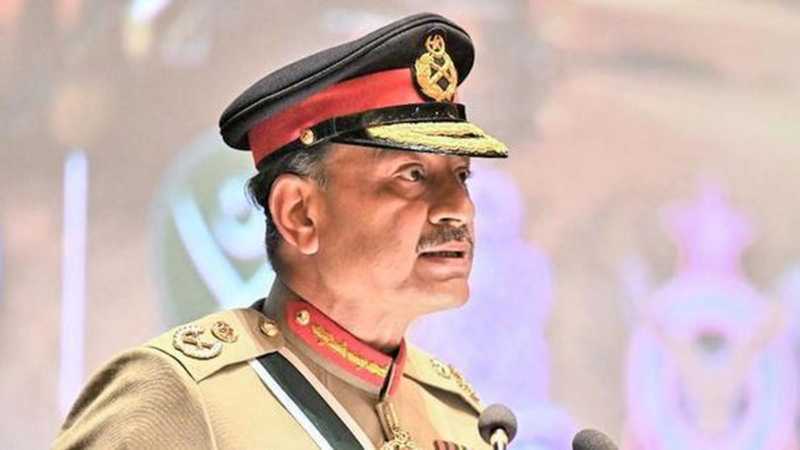Economic and resource crisis could happen: Balochistan

Quetta, Balochistan: Condition of poverty, illiteracy, and unemployment is detoriating with every passing day and there are chances of an economic and resource crisis is looming over Balochistan.
Khaleeq Nazar Kiani, in an article of The Frontier Post said that the governance system in Balochistan is not ideal, real issues or challenges are not dealt with, corruption is rampant, and there is no hope for accountability.
A close look at the previous four provincial budgets from 2017-18 to 2020-21 tells the story how Balochistan has reached this point.
In these four years, the increase in federal receipts is 32 per cent, from Rs 229,756 million to Rs 302,904 million, while non-development expenditure skyrocketed from Rs 192,161 million to Rs 3,09,032 million that is an increase of 61 per cent. The Provincial Government already presented the deficit budget of 65,800 million in the current financial year with high expectations that the total income would reach Rs 340,312 million (federal and provincial). Still, history tells us that these targets will never be achieved, reported The Frontier Post.
In the coming years, there is no hope of a significant increase from federal receipts due to falling revenue from depleted gas reserves and stagnant tax revenue collection by the Federal Board of Revenue (FBR). The writing is on the wall that there will be no funds available for development schemes after two years, wrote Kiani.
All economic indicators of Balochistan are very weak. According to an IMF report, the GDP of Balochistan is USD 8.3 billion, which is less than 1/3rd of the Khyber Pakhtunkhwa (KP) USD 26.2 billion. It is the only province where GDP per capita has declined since 1999.
Electricity consumption is one of the main criteria to gauge the progress or development of the area, and according to NEPRA report 2020, 2/3rd households in Balochistan are without electricity. The same situation can be seen in the availability of clean drinking water, which is a basic human need.
The unemployment ratio is much higher, and government is the single big employer. The industrial growth is only confined to one sub-division hub of district Lasbella. Agriculture is the most neglected area with zero research and absolutely no effort to introduce modern agriculture techniques to the farmers. No serious efforts were made to attract private investments either. Even now, the Provincial Government is relying on the Federal Government to develop SEZ, reported The Frontier Post.
Moreover, Pakistan’s economy is struggling due to the huge USD 33 billion borrowing by Imran Khan-led Pakistan Tehreek-e-Insaf (PTI) government.
The IMF predicted a 1.5 per cent growth rate of the country, which is not enough when the population is growing with more than a 2 per cent rate. Imran khan is so frustrated with the situation; thus, he has changed its economic team for the fourth time in a short span of 32 months, reported Kiani.
The 7th NFC award was like winning a jackpot for the provinces. Massive funds were transferred from the center to the provinces, which were typically wasted on non-development expenditures by ignoring the strong, sustainable economic gains. The effect of wastage of public money is more alarming and visible in Balochistan.
Khan cannot achieve the desired results with good management of 42.5 per cent of resources at the federal level but simultaneously the bad utilization of 57.5 per cent of resources in the provinces. Balochistan is the typical example where 9.09 per cent of resources are spent like the enemy’s money.
Reportedly in the current financial year, the Provincial Government has purchased three bulletproof vehicles, and the process of two more is in the pipeline.
The approximate cost of one vehicle is six crore rupees. Provincial Government is spending more than two billion per annum extra on the requisition of paramilitary and armed forces to maintain law and order in the province.
Talking about the future scenario, which is not bright, the gap between total expenditure and total receipts is growing. There is no chance that Provincial Government will cut the non-development expenditure; most likely, the axe will fall on the development budget.
It is evident that the total receipts will be equal to non-development spending at the end of this Government’s tenure, and there will be no money left for the development. The general masses will be the ultimate victim of this mismanagement, said Kiani.






